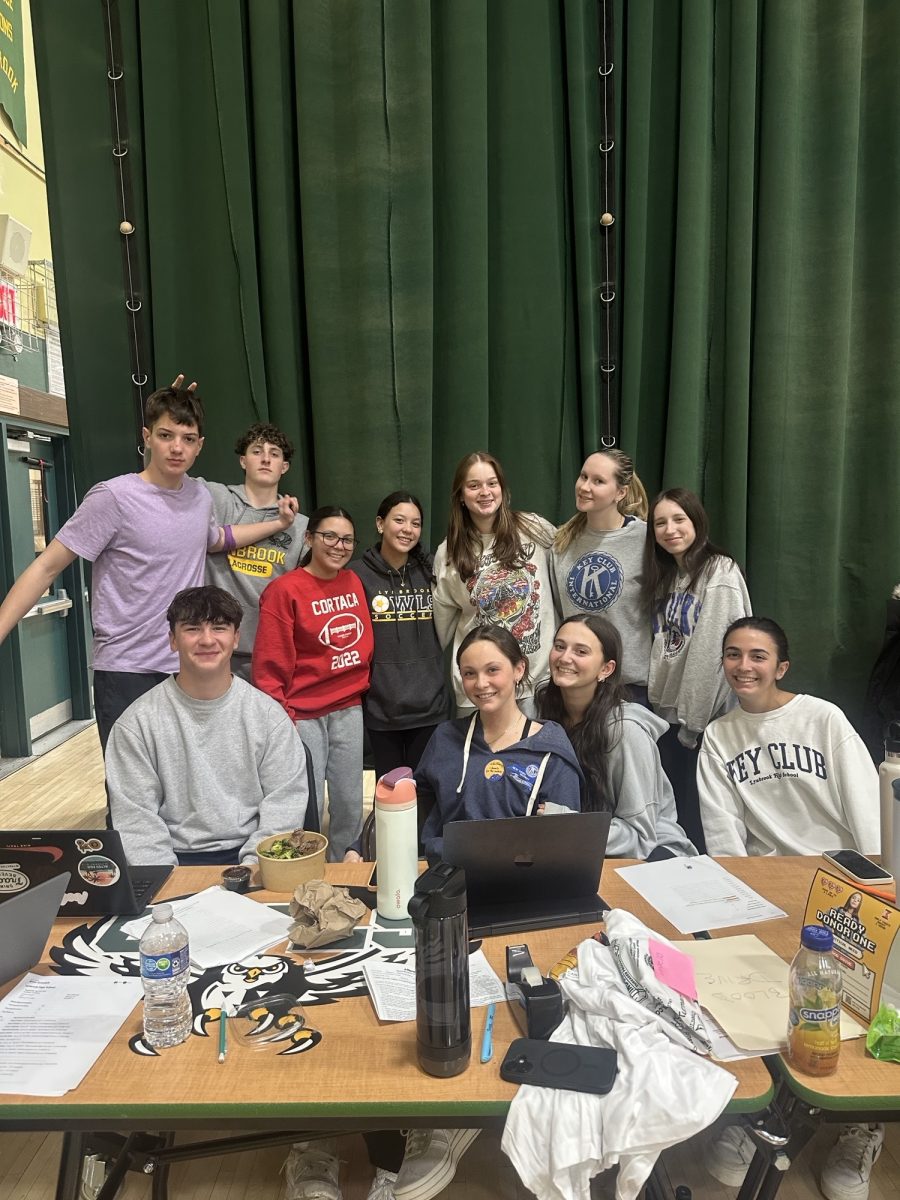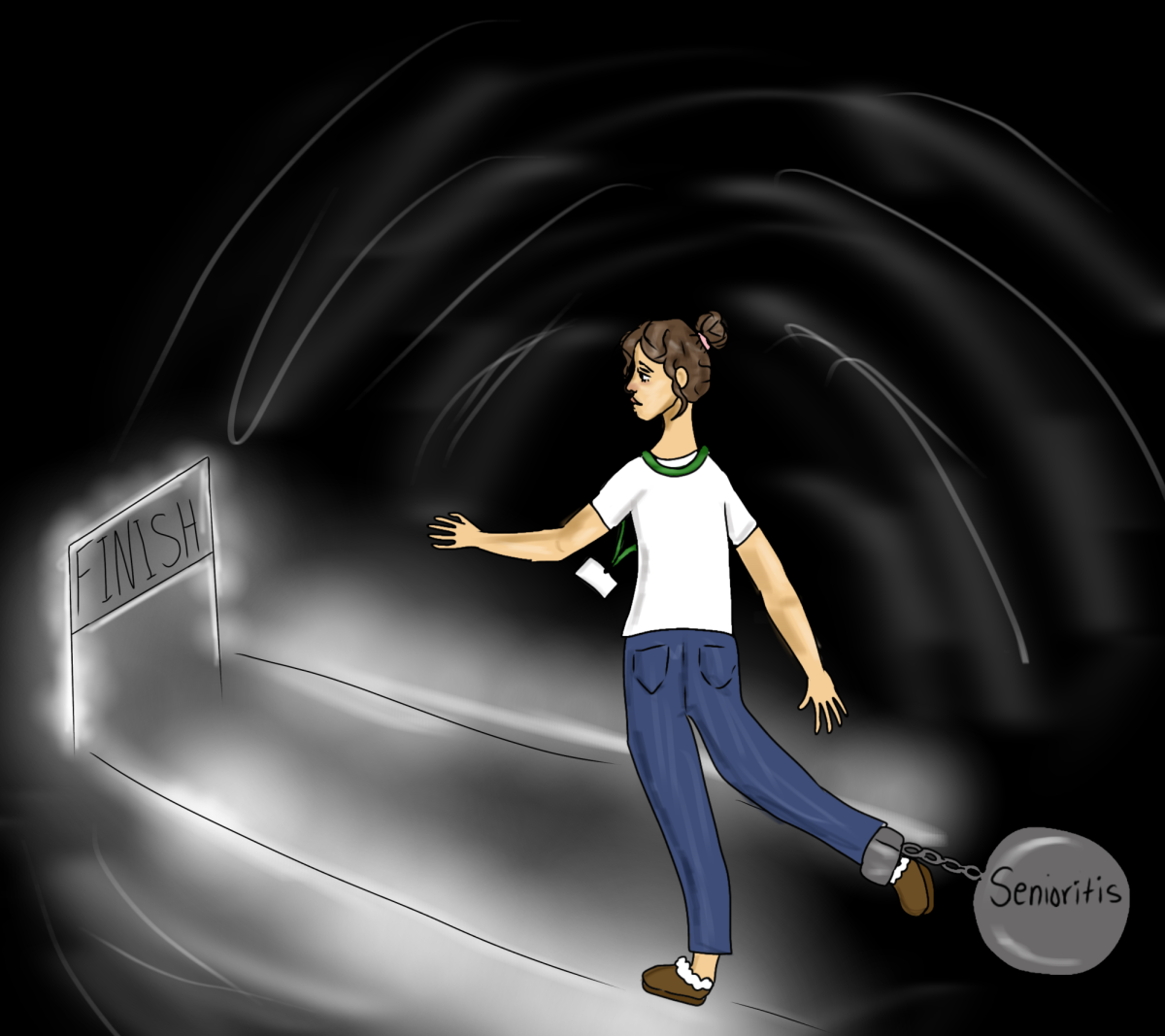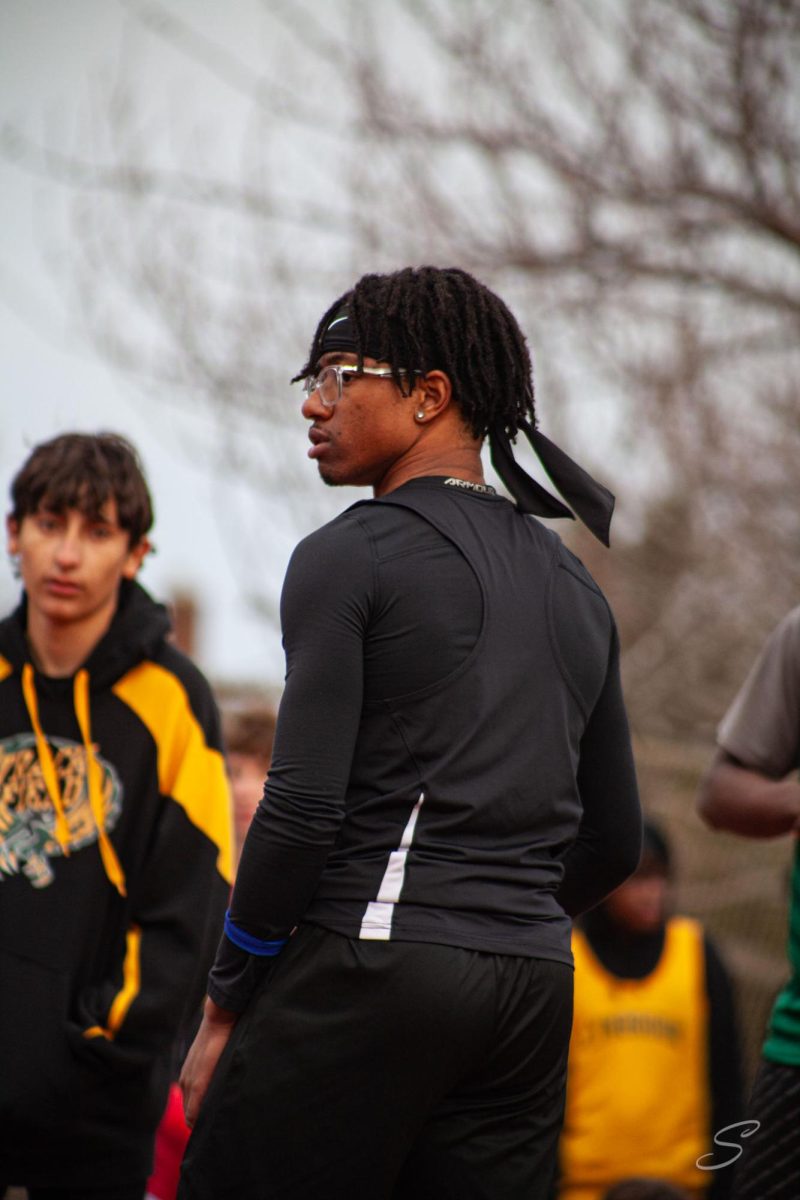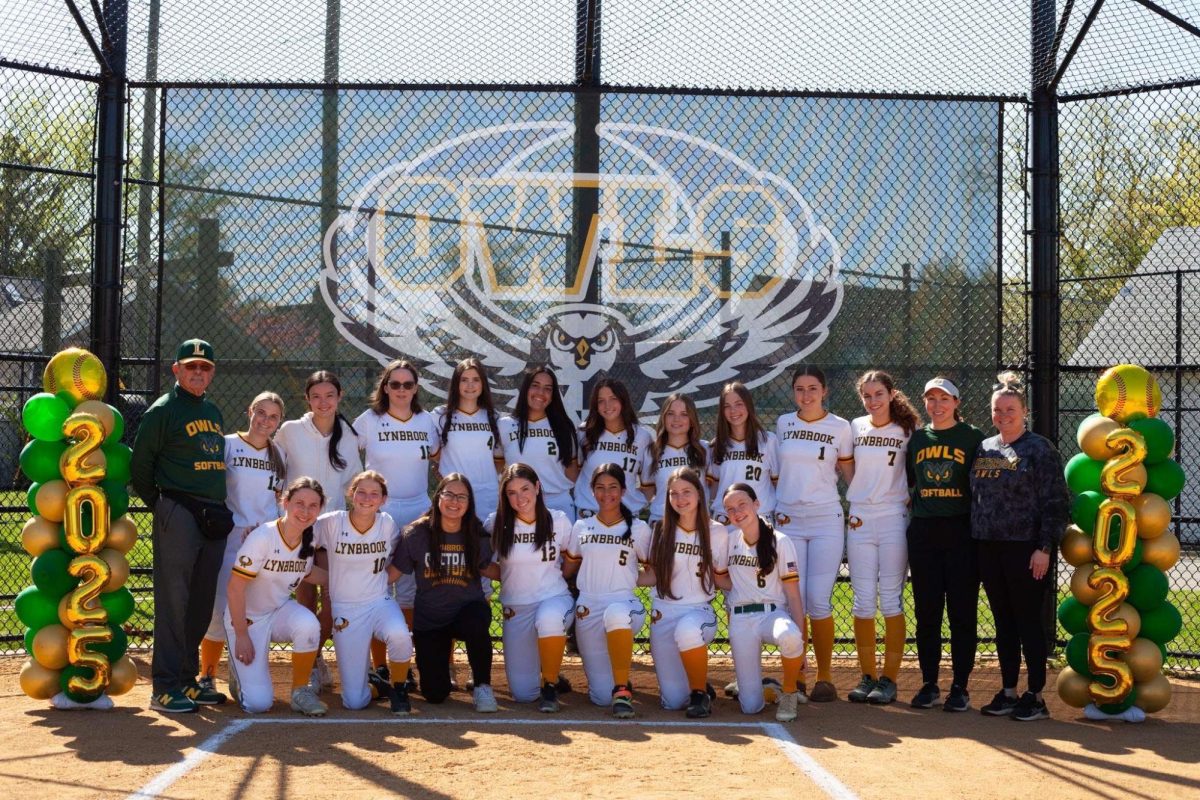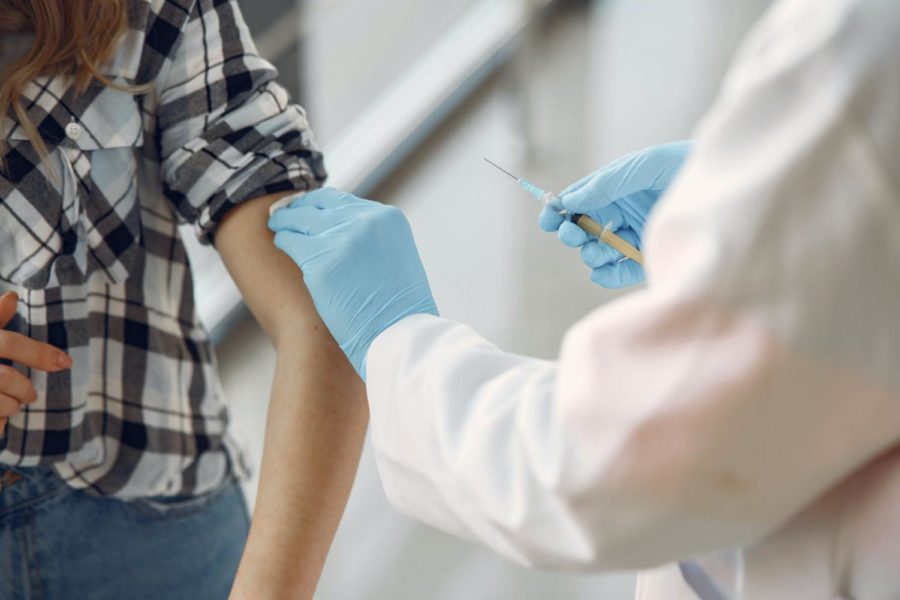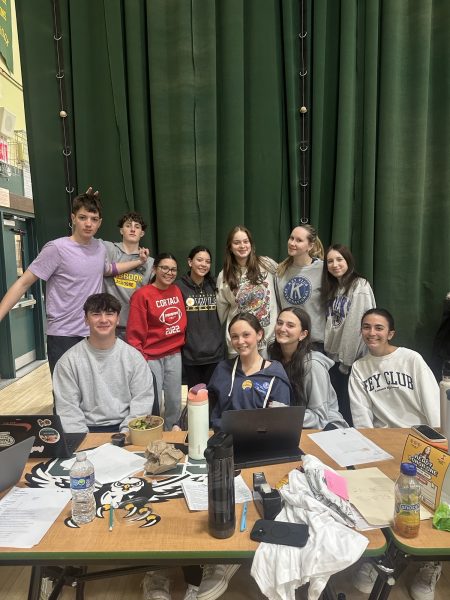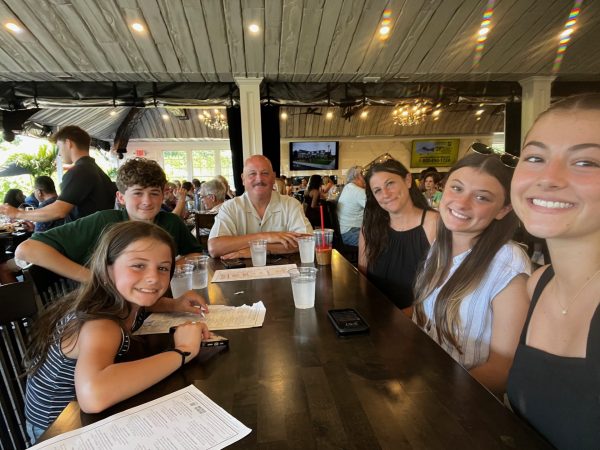US Halts J&J Vaccine Due to Rare Blood Clots
Photo by Gustavo Fring from Pexels
The FDA has recommended that the production of the Covid-19 vaccine made by Johnson and Johnson be paused due to blood clots in some recipients.
After six reports of unusual blood clotting in Johnson & Johnson’s Covid-19 vaccine recipients, the FDA recommended a pause in the administration of the vaccine so that more research can be conducted.
The Johnson & Johnson vaccine was first approved for emergency use by the FDA in February 2021. The single-dose vaccine is reported as being 66.3% effective in preventing Covid-19 cases and 100% effective in reducing severe cases that require hospitalization. Unfortunately, six American women suffered from blood clots within 16 days of receiving the vaccine. One of the six women passed away. It is not known for certain whether or not the vaccine is the cause for these blood clots.
The blood clots are unusual because they come with low platelet counts, which is a condition known as cerebral venous thrombosis. In this type of blood clot, heparin, the most common anti-blood clot medication, cannot be used due to the low platelet count.
It is important to note that over 6.8 million Americans have received the vaccine. The vaccine being paused is a move of extreme caution, and it is a reassurance that if negative reactions are found, the government will take action.
The Johnson & Johnson vaccine is an important step in the country being able to beat the pandemic. Because it requires only a single dose as opposed to the two-dose Pfizer and Moderna alternatives, it is especially helpful in the fight to vaccinate the homeless population. Many homeless individuals move around from place to place, making it difficult to locate a person to give them a second dose in the proper time frame. Secondly, this vaccine can be stored in a regular refrigerator. The other vaccines need to be kept at extremely cold temperatures. This makes it easier for public health workers to distribute doses.
The vaccine is currently undergoing further research to see if there is direct causation between the vaccine and the blood clots. It is possible that adenovirus, an inactivated form of the common cold, is the culprit. This virus teaches the cells to form the spike protein needed to fight Covid-19. However, it may, in rare cases, lead to an immune response that causes blood clots. Adenovirus is not found in the Pfizer or Moderna vaccines.
Most importantly, the FDA does not want people who have already received the Johnson & Johnson vaccine to panic due to the rarity of these blood clots. People who received the vaccine over a month ago should especially not be concerned, as the clotting would have likely already occurred. It is recommended that people who have received the vaccine should seek medical attention if they experience a severe headache, abdominal pain, leg pain, and/or shortness of breath.
While it can be scary to hear of adverse reactions, Americans can take comfort in the fact that this extremely rare condition is being handled with an abundance of caution and diligence and that direct causation is yet to be confirmed.

I am a member of the Class of 2023 and one of the editors-in-chief for the print edition of Horizon. Outside of Horizon, I enjoy running and spending time...




